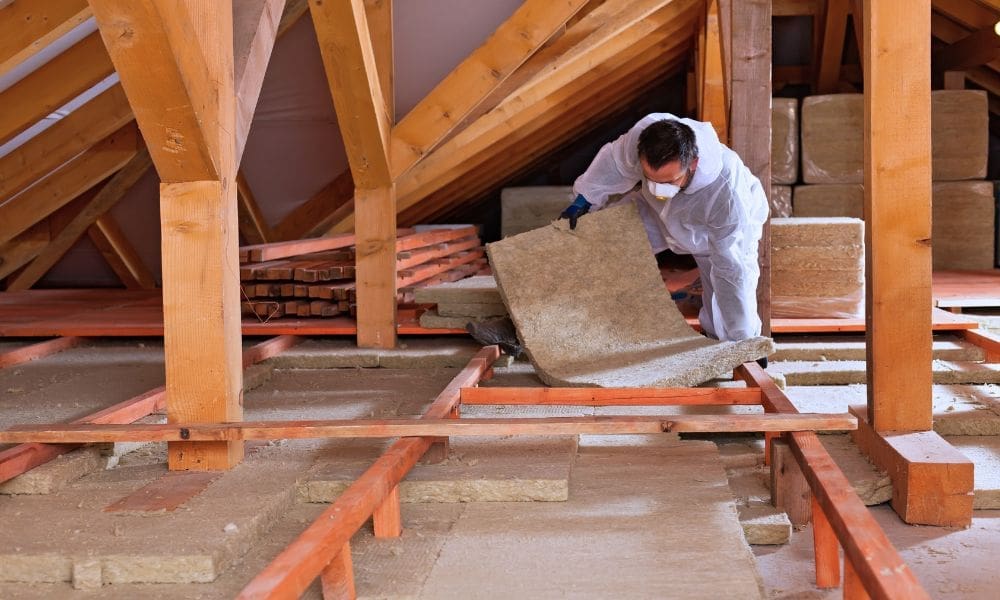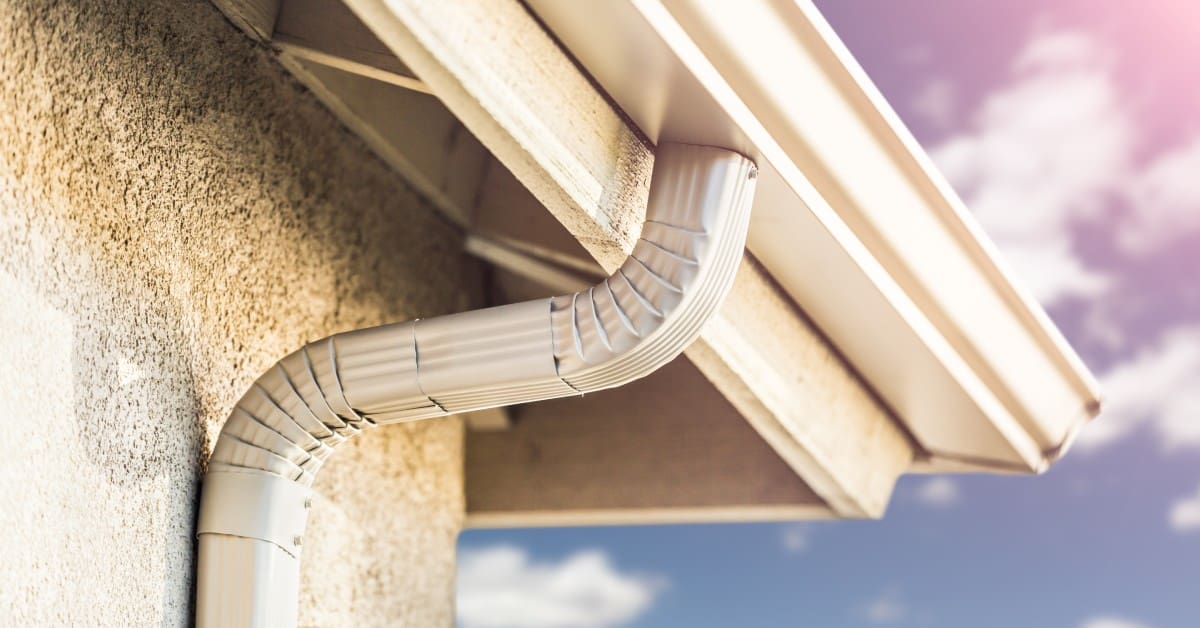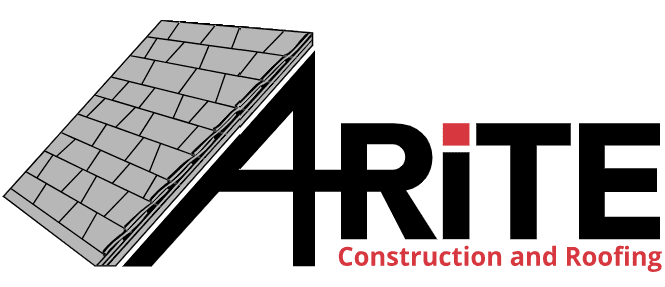We often think of the air outside when it comes to air quality. Yet, the air quality inside our homes is just as important, if not more so. Poor indoor air quality can result in various health issues ranging from typical allergy symptoms to more severe respiratory problems. One often-overlooked solution to improve indoor air quality is insulation. Let’s explore how insulation can help improve your indoor air quality to prove it can be the best solution to your problem.
Insulation Reduces Air Leaks
Insulation is a barrier, blocking air from moving in and out of the home unchecked. Without enough insulation, air conditioning and heating systems will be less efficient since outside air can find its way inside the home.
This incoming air from the outside can cause allergies to flare up while letting in pollutants. Maintaining a clean and healthy interior atmosphere is possible thanks to proper insulation, which blocks air leaks.
Insulation Prevents Condensation
Insulation is useful for maintaining a comfortable indoor temperature. Doing so may reduce the likelihood of condensation, a key factor in mold development. Mycotoxins are byproducts of mold growth that may aggravate existing respiratory issues. Insulation prevents condensation and mold formation by maintaining a surface temperature above the dew point.
Insulation Helps Eliminate VOCs
Some owners may believe the outside air is the reason for certain symptoms, especially if they have allergies. However, volatile organic compounds (VOCs) may be to blame. VOCs are indoor pollutants in many household materials like paints, flooring materials, and cleaners.
These compounds can cause headaches, respiratory problems, and various other symptoms. Insulation can help reduce the presence of VOCs by lowering the number of times fresh air enters your home through ventilation. This means that there will be fewer chemicals that can cause respiratory problems.
Insulation Limits Temperature Fluctuations
A lack of insulation can lead to temperature fluctuations as the outdoor environment changes. It could also create differences in the temperatures between rooms.
With insulation, the temperature in your home stays consistent, and you stay comfortable. Fluctuations can increase the relative humidity in the air, bringing more moisture in your home. This moisture can lead to the growth of mold and mildew, thereby compromising your indoor air quality. Fortunately, insulation goes a long way to prevent that.
Insulation Keeps Pests Out
Several homes have four-legged furry friends. However, those are of the domesticated variety. When other creatures besides pets make themselves comfortable inside your home uninvited, it can cause chaos.
Fortunately, insulation can also help prevent the entry of pests. When pests come inside the home, they can introduce allergens, bacteria, and other contaminants that can harm indoor air quality. With properly installed insulation, you can make it tougher for pests to enter the house, which means better indoor air quality for you and your family.
Understanding how insulation can help improve indoor air quality is crucial in enhancing your home. You can breathe easier and stay healthy by preventing air leaks, reducing VOCs, controlling humidity and temperature, and preventing mold and pests.
If you’re looking for the best in the business for home insulation in Wausau, look no further than A-Rite Construction and Roofing. We use the best materials that will keep your home toasty in winter and cool in summer!





